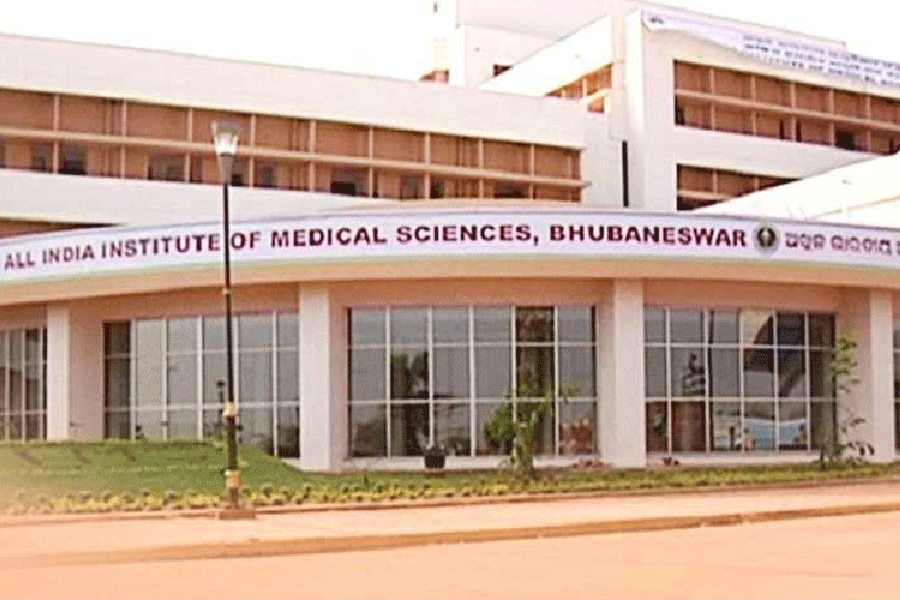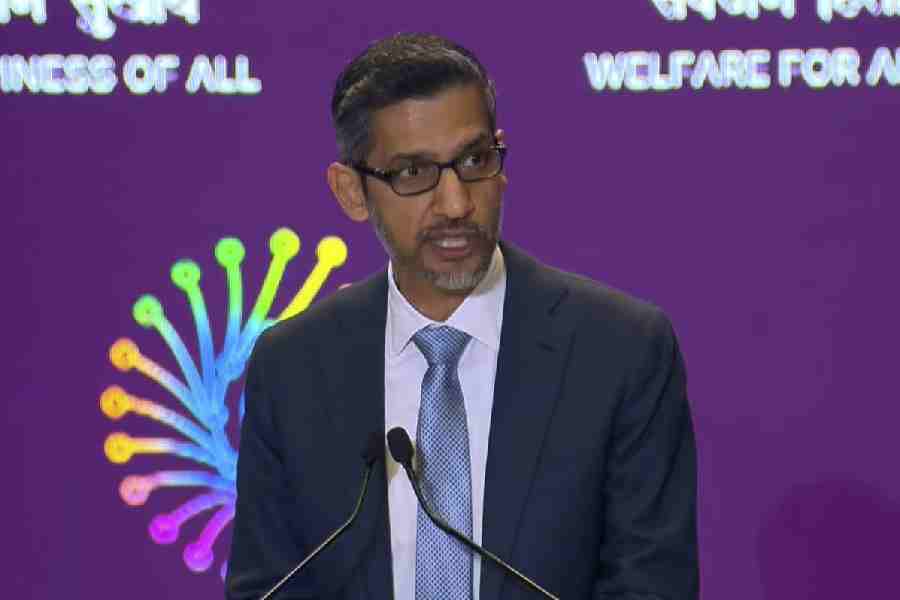AIIMS Bhubaneswar executive director Ashutosh Biswas on Wednesday said Artificial Intelligence (AI) is set to transform early diagnosis and management of thyroid disorders in the country.
Addressing a seminar on the occasion of World Thyroid Day, Dr. Biswas highlighted the growing role of AI in personalised medicine, especially for hypothyroidism, which affects about 1 in 10 adults in the country.
He said more than 500 patients come with thyroid-related disorders for treatment to the All India Institute of Medical Science, Bhubaneswar.
“AI will help in early diagnosis, track the progression of disease, and support outcome-based medication, especially benefiting patients in rural and underserved areas,” said Dr. Biswas.
Hypothyroidism is three times more common in women than men, and about 33% of patients remain undiagnosed. Untreated hypothyroidism can adversely impact major organs, including the heart, brain, kidneys, liver, intestines, and the reproductive system.
Among children and infants, it can lead to stunted growth, obesity, developmental delays, poor scholastic performance, constipation, pubertal disorders and obesity and also poor academic performance, Dr. Biswas said.
Patients in the reproductive age group often present with infertility, menstrual irregularities, lethargy, confusion, hypertension and weight gain.
The department of endocrinology, diabetes & metabolism at AIIMS provides comprehensive care for congenital and autoimmune hypothyroidism, Graves’ disease, benign thyroid swellings, thyroid malignancies, the AIIMS said in a release on Wednesday.
Dr. Kishore Kumar Behera, head of the department, emphasised on a multi-disciplinary approach involving biochemical investigations (TSH, free T4, free T3), high-resolution ultrasound, CT scans, and nuclear imaging (whole body iodine scan, technetium pertechnetate scan).
“Osteoporosis and sarcopenia screening using dual X-ray absorptiometry and clinical dietary services
for personalised nutritional care are also provided to the patients,” said Dr. Behera.
The departments of endocrinology and nuclear medicine at AIIMS Bhubaneswar also conducted an awareness programme in this regard.
Speakers, including medical superintendent Dr. Dillip Kumar Parida, Dr. Kanhaiyalal Agrawal, among others, sensitised the public on the importance of early thyroid disease detection and the emerging role of AI.










